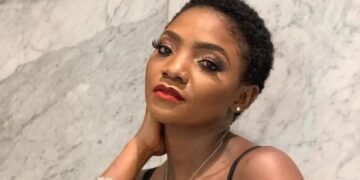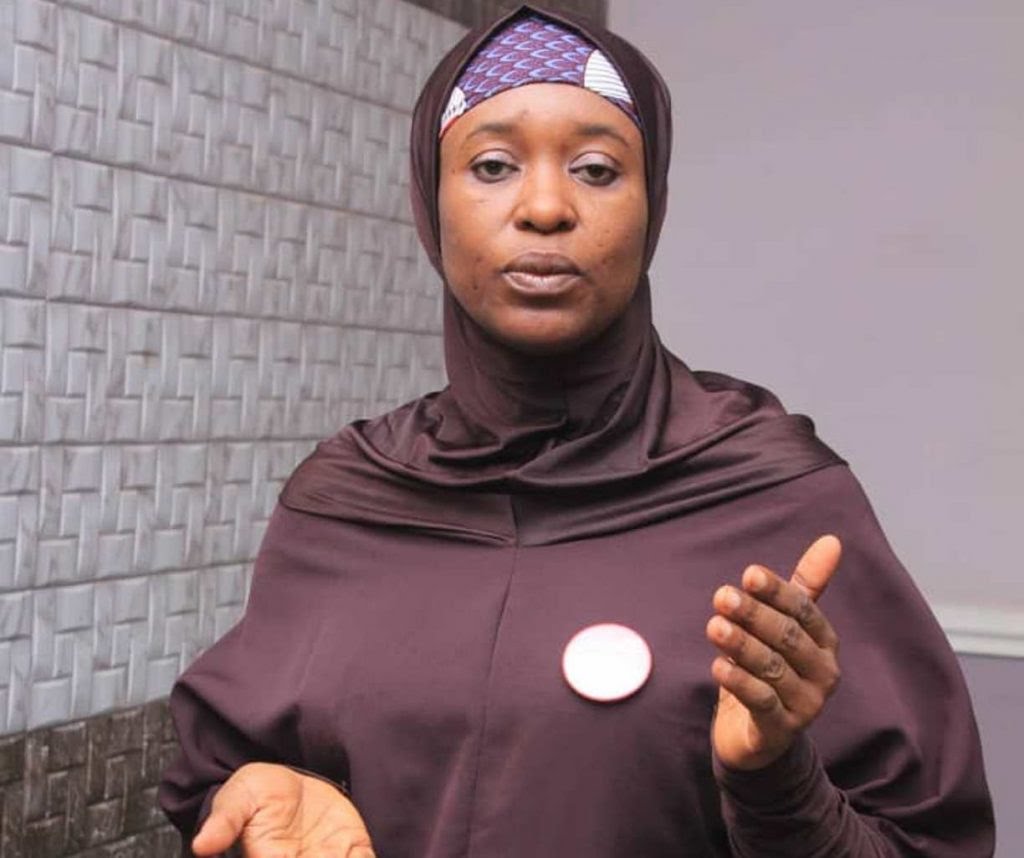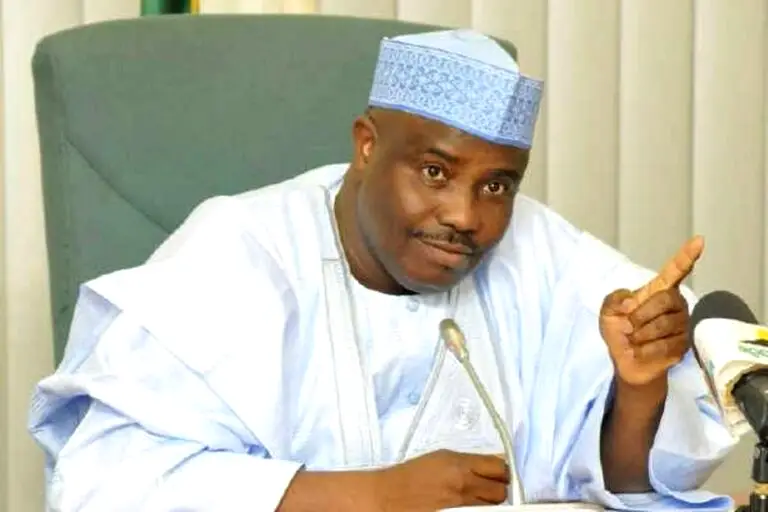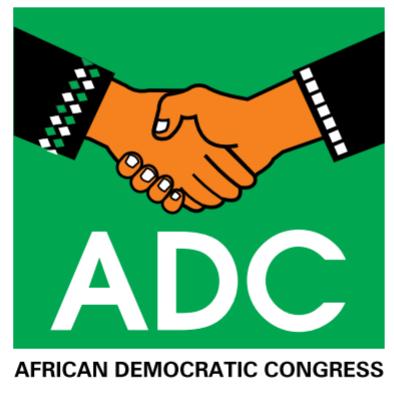[ad_1]
WALE AKINSELURE, in this piece, examines female representation in Nigeria’s politics putting in perspective the outcome of the National Assembly elections.
WOMEN constitute a strong pillar in the politics of the country. From the pre-colonial era to post-independence period, they have revved up the engine of the political process, especially during electioneering and mobilization at different stages of political transitions. In spite of their dynamism and drive, the rate of their success in securing elective and appointive positions has, to say the least, been marginal and infinitesimal in relation to the gains of male politicians. According to some pundits, the female politicians have not been able to leverage on the comparative advantage to move at par with their male counterparts within the political space of the country.
Though there have been attempts by women to run for the presidency, the highest they have been able to attain is the level of deputy governorship, coupled with membership of the National Assembly. Today, quite a number of them are running mates to male governorship candidates, despite the vigorous campaign by many gender-based organizations for a reversal of role for the Nigerian female politicians.
Prior to the elections in 11 senatorial districts and 35 federal constituencies, a total of 17 women emerged winners in the National Assembly elections held on February 25. From the figure to make up the 10th National Assembly, three were elected senators while the remaining 14 have been elected members of the House of Representatives. Interestingly, the three senators-elect are first-timers while seven out of the 14 female Reps’ are returning lawmakers. The 17 stood tall from 92 women who fought for 109 senatorial seats and 286 women who contested for 360 House of Representatives’ seats. This puts women’s representation in the incoming 10th Assembly at 3.62percent. The three senators-elect were Banigo Harry, Peoples Democratic Party (PDP), Rivers West; Ireti Kingibe, Labour Party (LP), FCT, Abuja; and Adebule Oluranti, All Progressives Congress (APC), Lagos West. Elected members of the House of Representatives were: Nnabuife Clara, Young Progressive Party (YPP), Orumba North/Orumba South, Anambra; Orogbu Obiageli, LP, Awka North/Awka South, Anambra; Gwacham Maureen Chime, All Progressive Grand Alliance (APGA), Oyi/Ayamelum, Anambra; Regina Akume, APC, Gboko/Tarka, Benue; Ibori-Suenu Erhiatake, PDP, Ethiope East/Ethiope West, Delta; Fatima Talba, APC, Nangre/Potiskum, Yobe; OnuhOnyeche Blessing, APC, Otukpo/Ohimini Benue; ZainabGimba, APC, Bama/Ngala/Kala-Balge, Borno; BeniButmakLar, PDP, Lantang North/Lantang South, Plateau; Goodhead Boma, PDP, Akuku Toru/Asari Toru, Rivers; Khadija Bukar Abba Ibrahim, APC, Damaturu/Gujba/Gulani/Tarmuwa, Yobe.
But, the statistics show that the emergence of 17 female members of the National Assembly (NASS) from the 2023 elections, thus far, is the lowest ever since 2003. From the 2003 elections, there emerged 24 female NASS members; the 2007 elections produced the highest so far with 34 women; 31 women each emerged from the 2011 and 2015 elections; it dropped to 29 in the present ninth assembly while the worst ever was the 1999 elections where only 15 females emerged. From 1999 till the present ninth Assembly, only about six percent of the total membership of the both the Senate and House of Representatives have been females. While there has been 164 women since 1999, there have been 2,650 men.
Currently, women’s representation in Nigeria’s parliament is among the lowest in the world. The overall national average for women participation is around six per cent for elective and appointive positions which is below the West African sub regional average of 15 per cent. Nigeria ranks 32 out of 35 sub-Saharan countries when it comes to representation of women in politics. As compared to several other countries, the journey towards a better female representation at both state and national level in Nigeria is still a long one. A data by the Inter-Parliamentary Union shows that the global average of women in national parliament stands at 26 percent. In Africa’s 54 countries, Nigeria ranks the lowest, coming 54th with a 5.45 per cent female representation, while Rwanda ranks first with 47.95 per cent.
Whether at national or state level, the minute female membership of Nigeria’s legislature is the same. In the states of Adamawa, Cross River, Ebonyi, Jigawa, Kano, Katsina, Kebbi, Nasarawa, Oyo, Sokoto, Yobe, and Zamfara in 2003, there were no female members of the Houses of Assemblies. In Saturday’s election, there are 1,046 female candidates out of the total of 10,225 candidates standing for election into State Houses of Assembly, representing 10 percent. A survey conducted by the Nigerian Tribune across state Houses of Assembly showed that female membership of each State House of Assembly in the country range between one and 15 percent. Interestingly, the survey shows that the number of females in state Houses of Assembly in the Northern part of the country is worse compared those in the southern part of the country. The survey shows the number of female lawmakers in present state houses of assembly to include: Oyo (one), Osun (two), Ogun (four), Benue (two), Kebbi (zero), Ekiti (four) and Plateau has one.
The number of women elected into the 10th National Assembly is another setback to sustained calls for more women representation in governance. The sore seems to have opened up the more considering the fact that women form 47.5 percent of the voting population for the 2023 election, the Beijing Affirmative Action and the failure of the National Assembly to pass the constitutional amendment bills to give fillip to the demands by Nigerian women for enhanced representation. Both the Senate and House of Representatives rejected the bills that sought the creation of 111 special seats for women at the national and state Houses of Assembly. Neither the Beijing Declaration from the Fourth World Conference on Women nor the National Gender Policy’s (NGP) recommendation for 35 percent affirmative action in both elected political office and appointed positions in the public sector has been implemented in Nigeria.
Also, the National Assembly rejected the Gender Equality Bill, which Princess Grace Adejoh, a columnist, called “an astronomical apolitical stance and aberration against, as well as a separation of Nigerian women participating in politics, which is academically, legislatively, constitutionally, statutorily, and actorally reprehensible to say the least.” Various commentators have consistently said it was clear that women still faced a lot of discrimination, particularly when it comes to their involvement in politics. Aare Afe Babalola described as regrettable that political parties appear content with giving women titles like, Women Leader,” “Deputy Women Leader,” “Chief Women Organiser,” without actually giving them a chance to make a political contribution to the development of this country. He described as sadder the possibility that our women may now view themselves as “eternal followers in political schemes of events, only to be seen and never to be heard, as a result of decades of being forced to conform to antiquated ideologies regarding the role of women in society.”
 According to a report by Gender Strategy Advancement International (GSAI), Nigerian women’s political participation is below continental and global averages. The report states that the average percentage of women in elective and appointed positions in Nigeria is still 6.7 percent, which is significantly lower than the regional and global averages of 23.4 percent for Africa and 15 per cent for West Africa. The report’s explanation of Nigeria’s poor ranking stated that “the underrepresentation of women in political participation gained root due to the patriarchal practices inherent in our society, much of which were obvious from the pre-colonial era till date.”
According to a report by Gender Strategy Advancement International (GSAI), Nigerian women’s political participation is below continental and global averages. The report states that the average percentage of women in elective and appointed positions in Nigeria is still 6.7 percent, which is significantly lower than the regional and global averages of 23.4 percent for Africa and 15 per cent for West Africa. The report’s explanation of Nigeria’s poor ranking stated that “the underrepresentation of women in political participation gained root due to the patriarchal practices inherent in our society, much of which were obvious from the pre-colonial era till date.”
Stakeholders describe the trend of low female representation in politics as worrisome.
Dr Yemisi Akinbobola, a lecturer of the Birmingham City University, United Kingdom and member of the African Women in Media, questioned the level of accessibility of the political statusquo and wider political environment to women. She said: “It’s a question of the wider political environment and how we practice politics and civic participation in the country. How accessible is the status quo to women, and to young women? It is one thing to have a quota system to help fast track gender equality in parliamentary participation, It’s quite another for access and impact on women to these roles, to be equitable. There needs to be greater and deliberate will.”
Like Akinbobola, National Coordinator, Concerned Parents and Educators, Mrs Kemi Koleowo queried the failure of the system to support women to attain to elective political office. She also said a change in women representation will be effective through legislation where women are allocated a certain percentage.
Koleowo said: “It is an unfortunate development that the number of women representing us politically in the country’s politics keeps on reducing. The trend is of course worrisome and we need to stop it in order to be sure we won’t be totally booted out of the system. The United Nation has described gender inequality an unfinished business of our time and the greatest human rights challenge in our world. When the system fails to support women for elective political office, we are sending the wrong signal that will one day backfire. Of course there can be a change through legislation where women will be allocated certain percentage for their participation. Women should be supported in various ways in order for us to fully be represented well in the country’s political system.”
On her part, Executive Director, Hope for Second Chance Foundation, Mrs Ibukunoluwa Otesile said there continues to be fewer women in politics due to “culture and stereotypes, objectifying women as possessions, role defining where parenting is synonymous to womanhood, lack of economic and financial autonomy, inadequate mentorship, and religious idiosyncrasies.” Otesile added: “If we will change this trend, we must change the narrative. Break the stereotypes, strengthen systems that make women not just able to survive but become financially free and economically strong.”
For Professor Nkechi Christopher, a lecturer of the University of Ibadan, female participation in politics remains a developing process and will take time to mature. Pointing to the peculiarity of the nation’s politics, she noted that it was really challenging for women to be able to muster the needed political “armoury” to win elections in Nigeria.
For women to make great headway, Vice chairman, Trade Union Congress, Oyo State, Mrs Ranti Gbenle-Oluwemimo said it was critical for women to be ready to support themselves in politics. She added that women must realize their worth in the scheme of things and be ready to take their share rather than the usual practice of constituting themselves into singing groups at political rallies, campaigns.
According to observers, once the general election is over, the issue of power sharing and distribution will take the centre stage. They noted that the intensity of lobbying and intrigues will be more pronounced in the buildup to the inauguration of the National Assembly. Apart from other extraneous factors determining the allocation of key positions and committee membership, the numerical strength and party affiliations are central, they opined So, the system already appears skewed against women lawmakers in the 10th National Assembly. Besides, the names of a number of female politicians whose faces were familiar in the Senate and the House will be missing. One of such lawmakers is Senator Biodun Olujimi, who seems to be a source of inspiration to many female politicians. From the position of deputy governor, she gradually became a senator and even tried tpo become governor of Ekiti State at different times. She was once the Minority Leader in the Senate. In fact, the list of female senators that are not returning to the Green Chamber also includes Senator Oluremi Tinubu (Lagos Central); Senator Stella Oduah (Anambra North); Senator Lilian Ekwunife (Anambra Central); Senator Nora LadiDadu’ut (Plateau North) and Senator Akon Etim Eyakenyi from Akwa Ibom South.
YOU SHOULD NOT MISS THESE HEADLINES FROM NIGERIAN TRIBUNE
Governorship poll: Lagos, Oyo, Nasarawa, Rivers, Delta, Kaduna, five others are key battle states
2023 elections: Tinubu’s victory not God’s plan for Nigeria, Peter Obi replies Aisha Buhari, others
I never intended to toy with any lady’s emotions —Yemi Cregx
2023 presidential poll: We’ll hit streets if courts don’t work – LP
Super Eagles legend Vincent Enyeama ranked greatest African goalkeeper
[ad_2]







